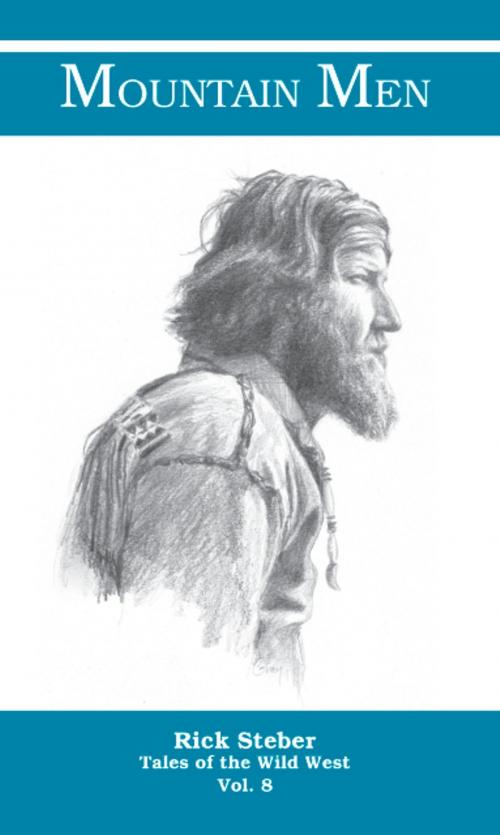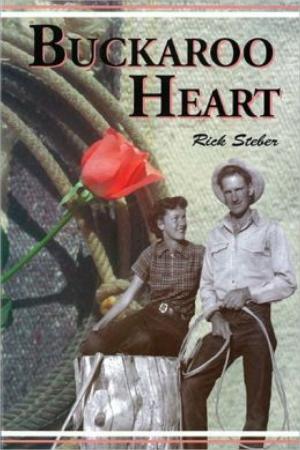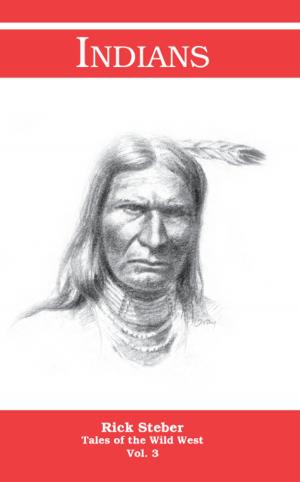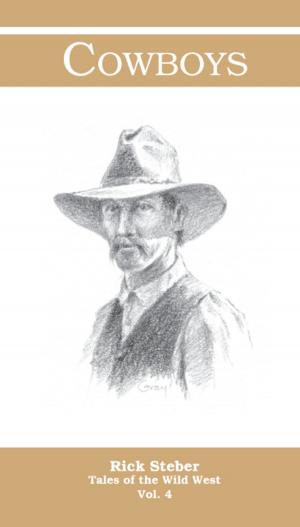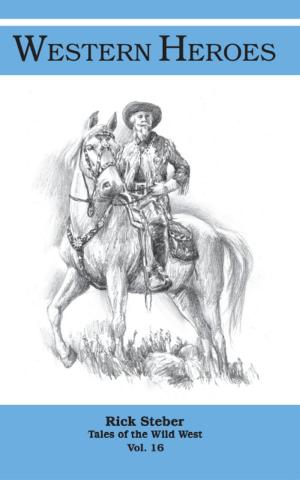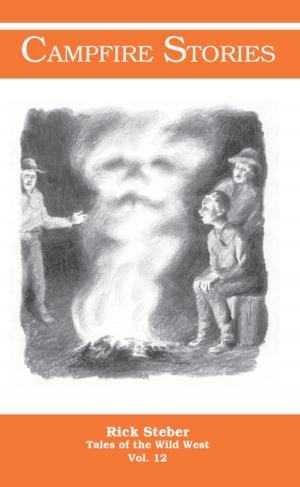| Author: | Rick Steber | ISBN: | 9781301562633 |
| Publisher: | Rick Steber | Publication: | December 12, 2012 |
| Imprint: | Smashwords Edition | Language: | English |
| Author: | Rick Steber |
| ISBN: | 9781301562633 |
| Publisher: | Rick Steber |
| Publication: | December 12, 2012 |
| Imprint: | Smashwords Edition |
| Language: | English |
"Born into every generation are a few restless souls who long for adventure. In the early 1800s this wild breed became mountain men who headed up the Missouri, crossed the Rock-ies and continued west, hunting, trapping and exploring as they went.
One mountainman,reflecting the general attitude of the day, wrote, 'We found the richest place for beaver we had yet come across, and it took us forty days to clean that section.' Valley by valley, stream by stream, the mountain men eliminated the beaver. They reasoned they would never pass that way again and, anyway, why should they leave fur for the competition?
A typical mountain man had grown up in Kentucky, Virginia or Tennessee hunting squirrels, deer, coon and turkey gobblers. When civilization pressed in he escaped, in search of places no white man had been. Where beaver were plentiful and would come easily to his traps. Where there were no property lines. No neighbors. No boundaries. Where he could come and go as he pleased and the world, as far as the eye could see, was his. The heyday of the mountain men spanned only a few short decades. By the 1840s wagon pioneers were flooding into the West. And the free-roaming mountain men disappeared.
"
"Born into every generation are a few restless souls who long for adventure. In the early 1800s this wild breed became mountain men who headed up the Missouri, crossed the Rock-ies and continued west, hunting, trapping and exploring as they went.
One mountainman,reflecting the general attitude of the day, wrote, 'We found the richest place for beaver we had yet come across, and it took us forty days to clean that section.' Valley by valley, stream by stream, the mountain men eliminated the beaver. They reasoned they would never pass that way again and, anyway, why should they leave fur for the competition?
A typical mountain man had grown up in Kentucky, Virginia or Tennessee hunting squirrels, deer, coon and turkey gobblers. When civilization pressed in he escaped, in search of places no white man had been. Where beaver were plentiful and would come easily to his traps. Where there were no property lines. No neighbors. No boundaries. Where he could come and go as he pleased and the world, as far as the eye could see, was his. The heyday of the mountain men spanned only a few short decades. By the 1840s wagon pioneers were flooding into the West. And the free-roaming mountain men disappeared.
"
